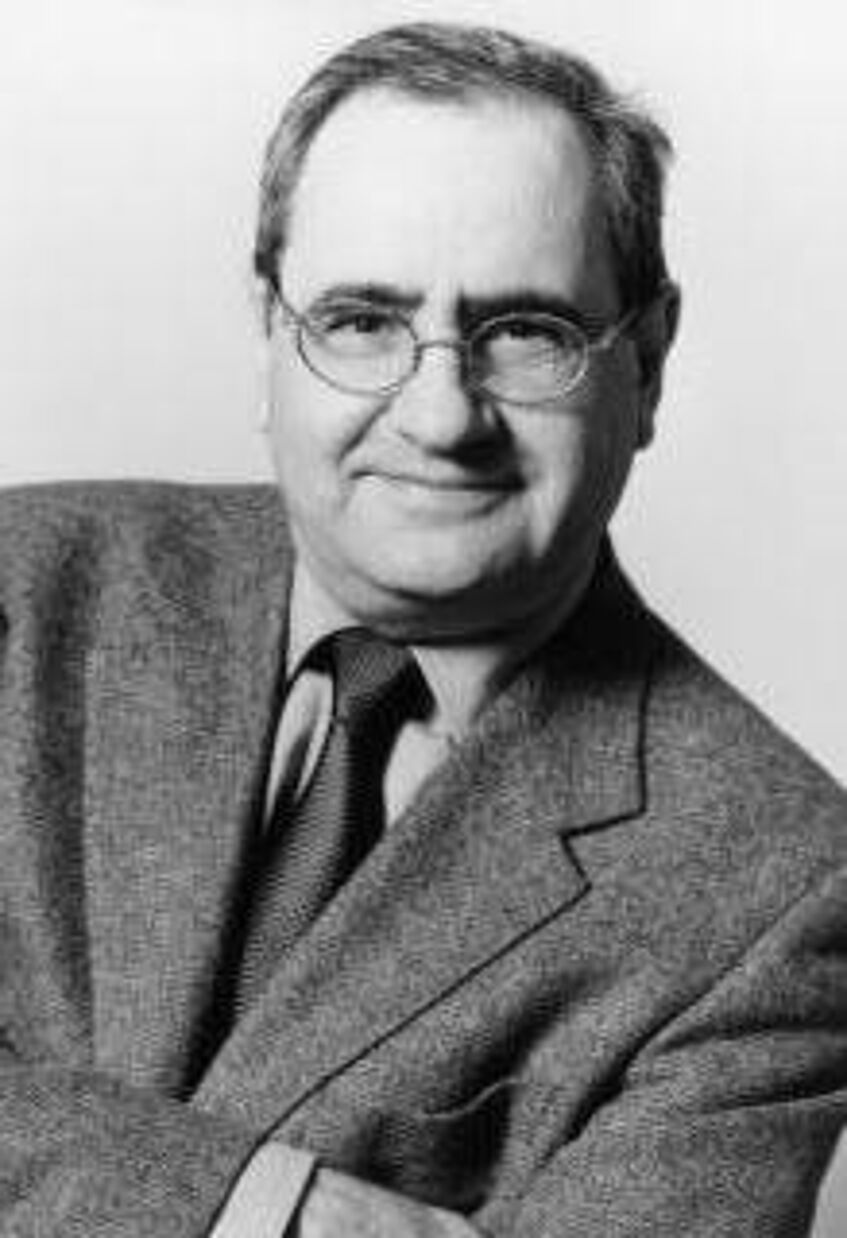2. Gerald Stourzh-Vorlesung zur Geschichte der Menschenrechte und der Demokratie
Pierre Rosanvallon
Democracy as Impartiality:
History and Problems
12. Mai 2010

Pierre Rosanvallon ist Professor für Politikgeschichte der Neuzeit am Collège de France und einer der bedeutendsten Demokratiehistoriker und Theoretiker unserer Zeit. Seine Arbeiten wurden in 22 Sprachen übersetzt.
Nach einer Reihe von Werken zur Geschichte der Demokratie und des Verhältnisses von Staat und Zivilgesellschaft in Frankreich sind die ersten beiden Bände einer international vergleichenden Trilogie zum historischen Wandel moderner Demokratien erschienen: La contre-démocratie. La politique à l’âge de la défiance (Le Seuil 2006, engl. Cambridge University Press 2008), La légitimité démocratique. Impartialité, réflexivité, proximité (Le Seuil 2008). Siehe auch: Democracy Past and Future (Columbia University Press 2006).
Homepage von Pierre Rosanvallon
Abstract
Majority rule is not only a realistic principle of decision. As a pluralistic regime, democracy recognizes the divergence of interests and opinions, and electoral competition is organized around these differences and conflicts. In this respect, majority rule also means partisan politics: choosing sides, taking a stand. Yet at the same time there can be no democracy without a shared world and recognition of shared values, so that conflict need not escalate to the extreme of civil war. Both dimensions are legitimate and are to be respected. There is therefore a need to distinguish between majoritarian institutions on the one hand and impartial institutions (of consensus) on the other. The lecture will explore this dual nature of democracy. It will propose a democratic (and not only a liberal) theory of impartiality and discuss the types of corresponding institutions.
